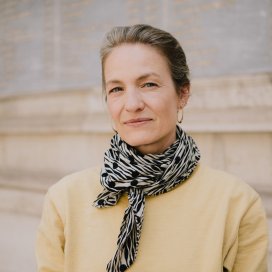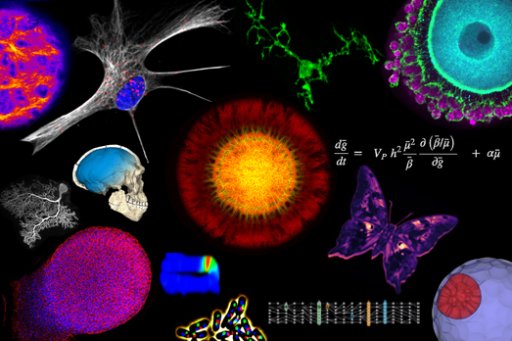Julia Fuchs dirige l’équipe émergente « Pathophysiologie des éléments transposables dans le cerveau » au sein du Centre Interdisciplinaire de Recherche en Biologie (CIRB) du Collège de France à Paris. Après l’obtention de son doctorat en médecine à l’université de Göttingen (Allemagne), elle obtient une bourse de recherche pour l’université Johns Hopkins (Baltimore, USA) où elle travaille sur la pathogénèse de la sclérose latérale amyotrophique et la maladie de Huntington. Elle poursuit ensuite un internat de Neurologie et des recherches en neurogénétique de la maladie de Parkinson à l’Université de Tübingen (Allemagne) où elle obtient son doctorat en neurosciences. Motivée par son intérêt profond pour la pathogénèse des maladies neurodégénératives, elle rejoint le laboratoire du Pr Alain Prochiantz à l’ENS puis au Collège de France à Paris. Elle y travaille sur des approches fondamentales pour identifier des nouveaux traitements de la maladie de Parkinson, qui sont actuellement en phase précliniques. Ses travaux plus récents portent sur les éléments transposables et leurs rôles physiologiques et physiopathologiques dans le domaine des maladies neurodégénératives.
Elle est co-auteure de trois brevets et lauréate du grand prix Fondation NRJ-Institut de France 2022 pour ses travaux sur la physiopathologie de la maladie de Parkinson.

